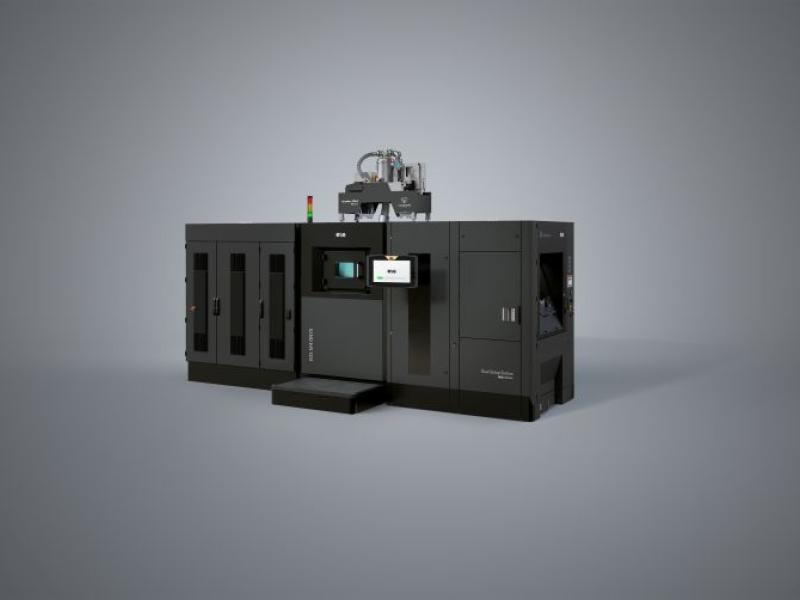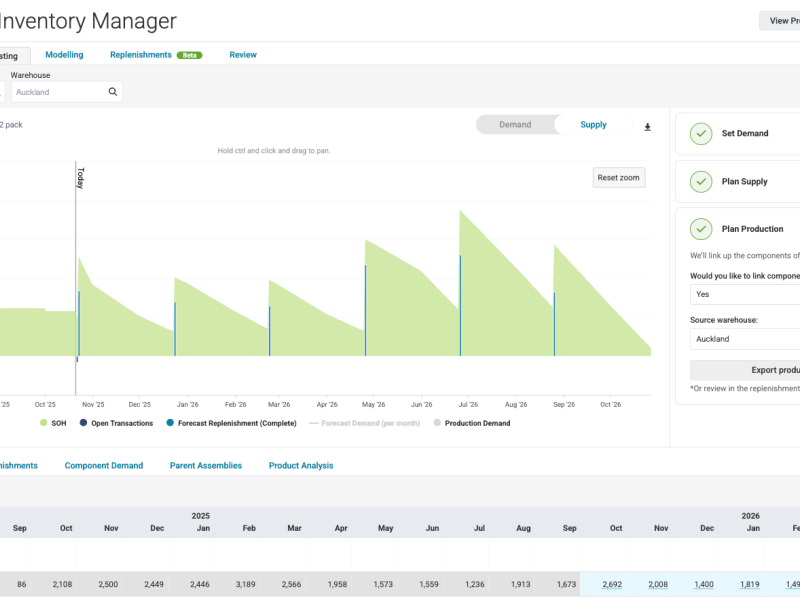Data shows that skilled labour shortages remain a top concern for manufacturers
SYSPRO has released consolidated results from several surveys that show manufacturers are eager to adopt new technologies such as AI, automation and IIOT. The new research includes: a poll of 128 manufacturers conducted at its 2024 SPARK Customer Roadshow, responses from an October 2024 Trends Webinar Survey, and over 360 data points from interviews with manufacturing leaders conducted in collaboration with Frost & Sullivan, 20% of whom were from Asia Pacific.
Major findings from the three research surveys include:
Complex manufacturing companies are beginning to embrace smart technologies
A significant number of manufacturers are overcoming barriers of high upfront costs and internal resistance to change, to adopt technologies such as automation and robotics (37%), AI and machine learning (19%) and industrial internet of things (IIOT) (18%) technologies.
Looking ahead to 2025, AI and automation (40%) lead in their digital transformation priorities, followed by enhancing digital integration and real-time insights (29%) and managing costs while adopting new technologies (24%).
China leads in the adoption of smart manufacturing technologies
While U.S. manufacturers are beginning to adopt smart manufacturing technologies, they have ground to make up with their Chinese competitors, who lead the way in adoption. Just under half (45%) of Chinese manufacturers have already adopted these emerging technologies.
Most manufacturers have plans for AI
40% of respondents said that implementing AI and automation was their first priority when it comes to digital transformation, and 80% are either devoting resources to AI implementation or are making near-term plans to do so. 12% have already deployed AI (differentiated from machine learning) or are actively in the process of doing so, while almost six in 10 (57%) are actively researching use cases, and another 11% plan to deploy AI within the next 12 months.
Manufacturers face significant technical hurdles that impede the adoption of new technologies
Almost one in three (30%) say they have difficulty integrating new technology, while 15% say outdated systems are creating inefficiencies, and another 15% suffer from limited scalability to meet future needs.
Manufacturers face difficulty providing real-time data and analytics
Another significant challenge manufacturing leaders face is the inability to obtain real-time data so they can make quick, data-driven decisions (40%). Analytics can provide a solution to this problem, but only 23% have made implementing analytics a key technology priority for the coming year. Additionally, almost one-quarter (24%) are not using any kind of analytics at all.
Skilled labour shortages remain a serious challenge for manufacturers
When manufacturers were asked about the biggest challenges they expect to face in 2025, the number one response was their ability to attract and retain a skilled workforce (30%), followed by supply chain disruptions (23%) and cybersecurity (12%).
“Manufacturers clearly see smart technology as the key to overcoming workforce shortages and supply chain disruptions. However, adoption is still challenging,” said James Robinson, head of services for Asia Pacific at SYSPRO. “SYSPRO’s ERP solutions are designed to simplify this transition, providing the flexibility and integration needed for real-world manufacturing environments.”
The full Frost & Sullivan Research Report can be downloaded here: Complex Manufacturing Trends and Opportunities | SYSPRO US






